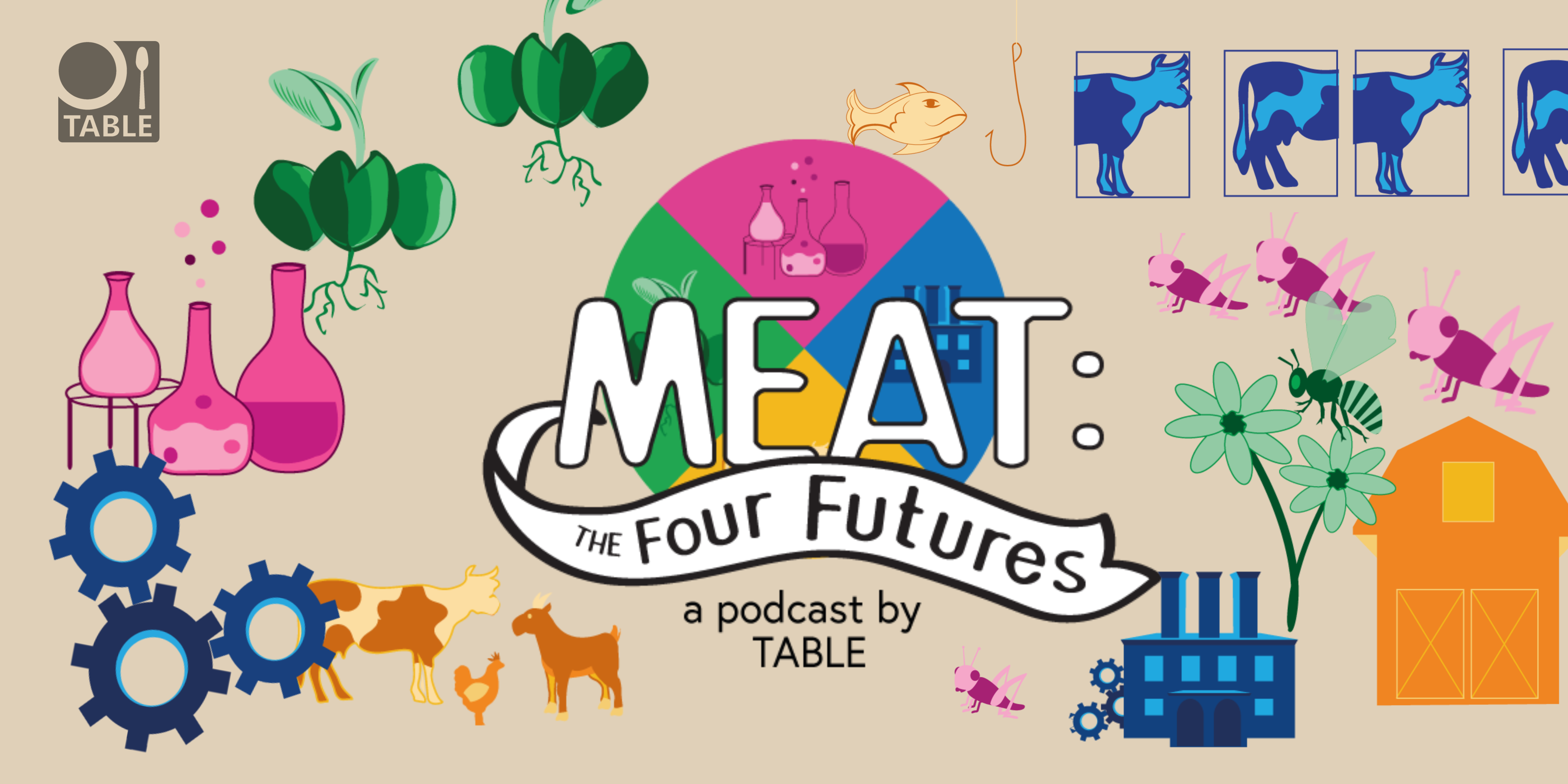How to engage with TABLE
TABLE is for everyone. We actively encourage engagement with groups and individuals working on, or interested in, food system transformation.
We aim to bring together a wide variety of stakeholders and perspectives from different regions, sectors and areas of expertise (and some of the types of groups we work with are listed at the end of this page). We frequently collaborate with policy, research, and other organisations working on food systems issues. If this might be of interest, please do get in touch.
We welcome comments, questions and discussion on this website and on our community discussion platform, Ferment, which is a dedicated space for knowledge sharing and debate. A good way to keep up-to-date with our work is to sign up for our newsletter, Fodder, and to follow us on social media.


